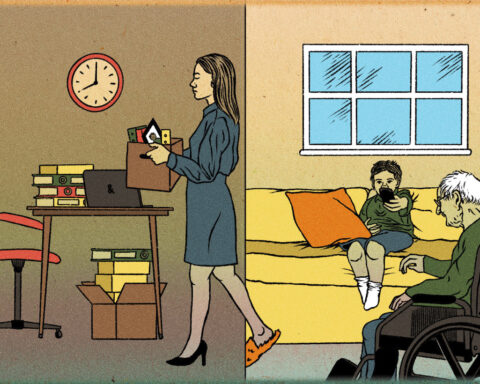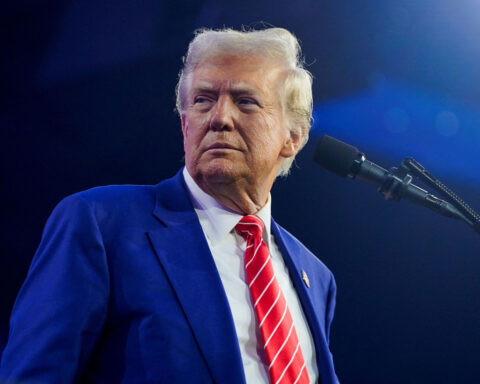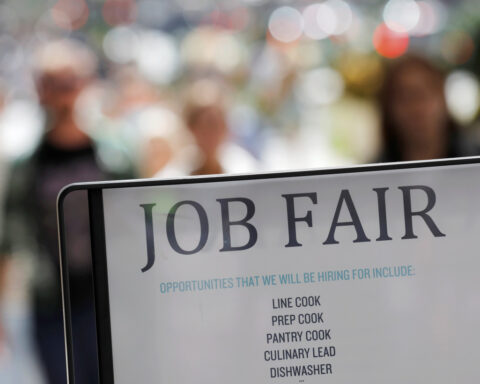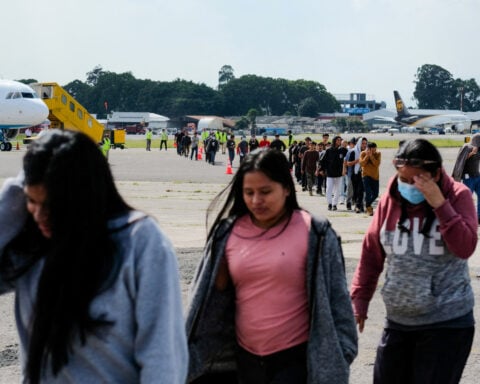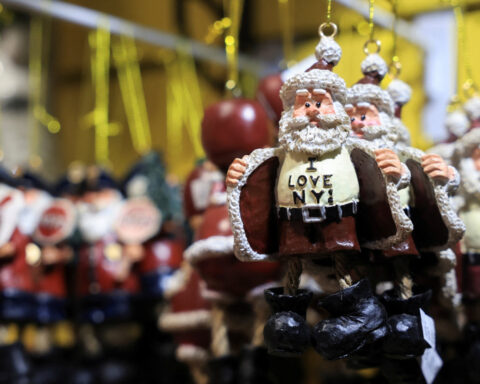The American Museum of Natural History in New York City is planning a major overhaul of how it handles the approximately 12,000 human remains in its possession, most acquired in questionable circumstances that are now seen as unethical. The museum’s new president, Sean M. Decatur, announced this week that the institution will remove all human bones currently on public display. It will also improve storage facilities where the bulk of the remains are kept and devote more resources to studying their origins and identities.
The move comes as natural history museums face growing criticism over remains often obtained under now-discredited theories like eugenics that promoted racist views. The skeletons and skulls typically came from marginalized people who never consented to become museum specimens. “Human remains collections were made possible by extreme imbalances of power,” Decatur said in a letter to museum staff. “Moreover, many researchers in the 19th and 20th centuries then used such collections to advance deeply flawed scientific agendas rooted in white supremacy.”
Most problematic are the remains of over 2,200 Native Americans that federal law requires museums to return to descendants. The American Museum of Natural History has repatriated about 1,000 so far but faces questions about the slow pace of identifying tribal affiliations for the rest. Currently, only three people work on this, but Decatur plans to devote more resources.
Also disturbing are the bones of five African Americans dug up in 1903 from a cemetery for enslaved people dating back to the colonial era in Upper Manhattan. The remains were excavated during construction and put on a ghoulish display, with skulls stacked in a pyramid. Local historians researching the area recently discovered records showing the museum acquired the skeletons. “I felt like the bones should be repatriated,” said historian Cole Thompson.
Decatur, who is African American, said he found the desecration appalling. “The legacy of dehumanizing Black bodies through enslavement continues after death in how those bodies were treated and dehumanized in service of a scientific project,” he wrote to museum staff.
A third problematic set contains the remains of around 400 poor New Yorkers who died in the 1940s. Their unclaimed bodies went to medical schools for dissection and training, then were transferred to the museum in a process that legal experts say likely violated state law at the time. The anthropologist who secured them, Harry Shapiro, sought to build a reference collection for studying racial differences, reflecting the now-discredited eugenics movement’s focus on establishing a racial hierarchy. “Folks who studied eugenics were interested in understanding the anatomical and behavioral differences between certain groups,” said anthropologist Carlina Maria de la Cova of the University of South Carolina. “Today, we would consider these approaches as scientific racism.”
It is very rare for anatomical collections to include people who died so recently. The individuals are named in museum records, meaning they may have living relatives unaware of their fate. “We would want to be the ones to actually make contact with descendant families,” said Ashley Hammond, chairwoman of the museum’s anthropology department. “And we haven’t been able to start that process.” She attributed the slow progress to limited resources but said researching the collection’s history and ethical issues is an institutional priority.
Decatur acknowledged Shapiro’s association with eugenics represented “bad science” that is no longer respected or considered valid. One issue going forward is the fact that, unlike centuries-old remains, the “medical collection” individuals may have living family members who should be consulted on their disposition. Some experts argue the remains have served whatever scientific purpose they could and should now receive proper burial. “Oftentimes, remains are brought to museums with grandiose visions of what they would accomplish and the scientific research has very rarely lived up to those goals,” said anthropology historian Samuel Redman of the University of Massachusetts, Amherst.
But Hammond believes there could still be merit in retaining the collection for future research if done ethically. “We don’t know what the future of science holds,” she said. “We are trying to conceptualize how to make this research happen in an ethical framework.” The museum currently exhibits human remains in 12 displays, including a complete skeleton presented as part of a 1000 A.D. Mongolian warrior burial reconstruction. Decatur said in his letter that displaying human remains alongside objects extends past exploitation and can no longer be justified. “None of the items on display are so essential to the goals and narrative of the exhibition as to counterbalance the ethical dilemmas,” he wrote.
The effort comes as the American Museum of Natural History strives to update its public image and make amends for past association with biased race science. Decatur said the new policy represents an institutional commitment to treat human remains with more compassion and cultural sensitivity.

 Five facts about electric vehicles in 2024
Five facts about electric vehicles in 2024
 5 elections to watch in 2025
5 elections to watch in 2025
 Transform the daily grind to make life more interesting – a philosopher shares 3 strategies to help you attain the good life
Transform the daily grind to make life more interesting – a philosopher shares 3 strategies to help you attain the good life
 Erling Haaland misses penalty and Man City drops more points after 1-1 draw with Everton
Erling Haaland misses penalty and Man City drops more points after 1-1 draw with Everton
 What if you could rank food by ‘healthiness’ as you shopped? Nutrient profiling systems use algorithms to simplify picking healthy groceries
What if you could rank food by ‘healthiness’ as you shopped? Nutrient profiling systems use algorithms to simplify picking healthy groceries
 Christmas shooting at Phoenix airport leaves 3 people wounded, 1 stabbed
Christmas shooting at Phoenix airport leaves 3 people wounded, 1 stabbed
 Simona Halep withdraws from Australian Open qualifying because of knee and shoulder pain
Simona Halep withdraws from Australian Open qualifying because of knee and shoulder pain
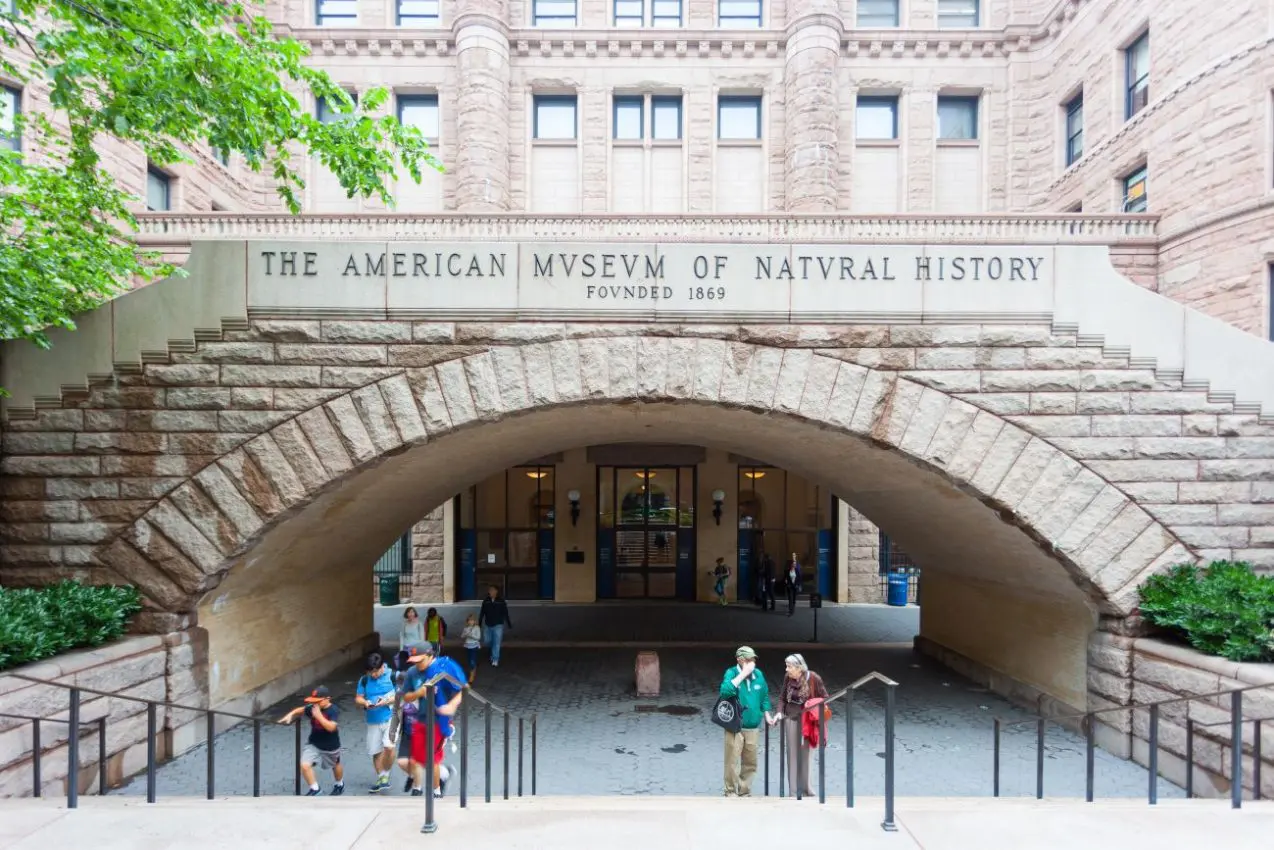 American Museum of Natural History
American Museum of Natural History

